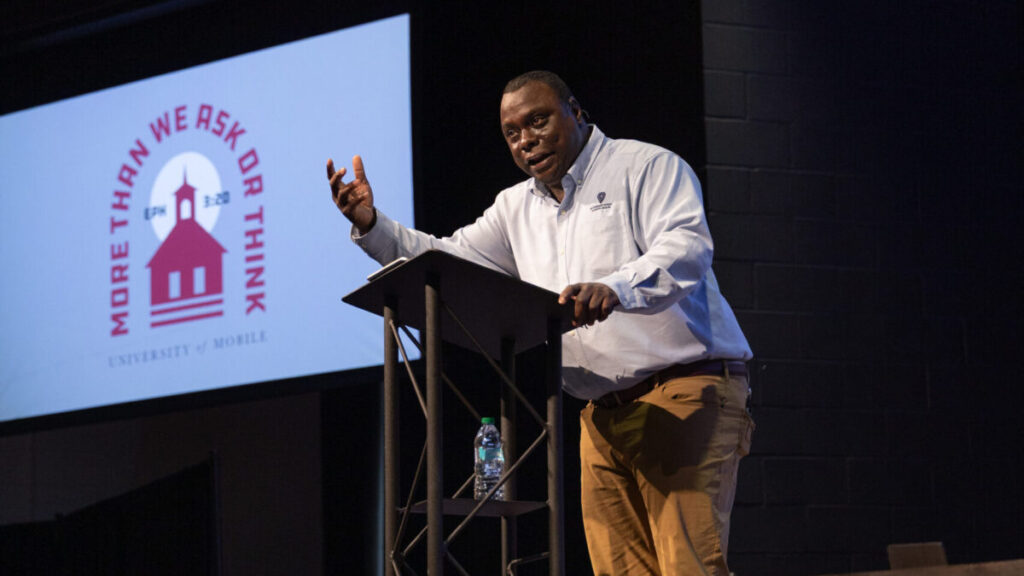A group of Baptist historians who meets annually to read and discuss early Baptist writings endorsed a statement Sept. 27 affirming the role of individual conscience in Baptist life.
Fourteen members of the Baptist Classics Seminar group cited “broad and recurring themes” found in original Baptist sources written between 1610 and today.
Those affirmations include, according to a document released by the group, “believer’s baptism, personal ‘heart’ experience of God, the priesthood of all believers, personal and communal devotion to God, a commitment to the church as the body of Christ, the autonomy of each local church, congregational polity, the regular practice of ordinances (baptism/Lord’s Supper), voluntary cooperation among churches and strong voices for religious liberty and the separation of church and state.”
“We believe these themes are still relevant and should continue to inform our Baptist heritage and witness,” the statement said.
Bruce Gourley, executive director of the Baptist History and Heritage Society, said in a background statement compiled in consultation with three other members that the group frequently shares its findings with the larger Baptist community through classrooms, preaching and teaching in local churches, publications and other venues.
The statement said this year’s study of selections from 17th-century English Baptist writings particularly affirmed “the role of individual conscience, especially when voluntary faith was threatened with coercion or compulsion.”
The scholars said the foundation for all the Baptist principles they enumerated was “the belief that the Bible alone, neither creeds nor tradition, is the authority for religious faith and practice.”
“In our tradition, we find both the personal and communal elements of biblical faith; we find a believer’s church that preserves a place for unfettered individual conscience,” the scholars said.
The historians renewed their commitment to “the vibrant Baptist witness of freedom that is responsive to the authoritative Scriptures and under the lordship of Christ” and to “the relevance of Baptist identity for the 21st century.”
To read the full statement, visit www.baptisthistory.com/affirmation_common_baptist_themes.htm. (ABP)





Share with others: